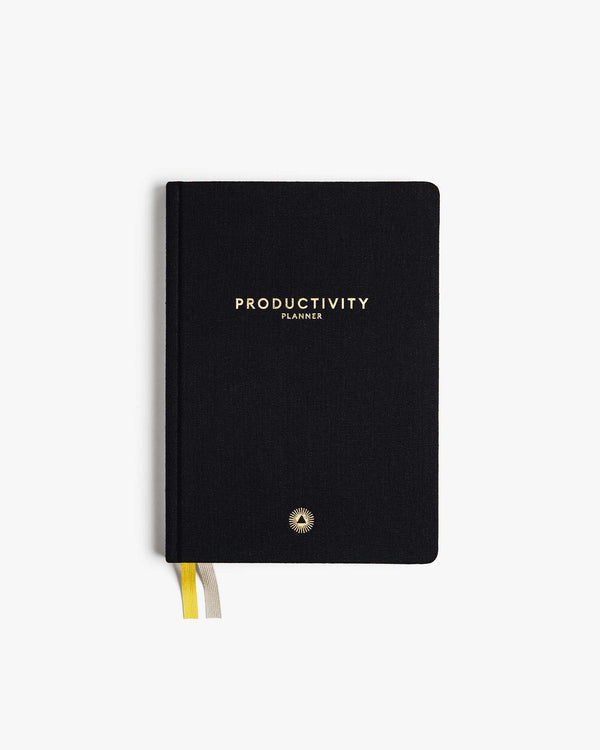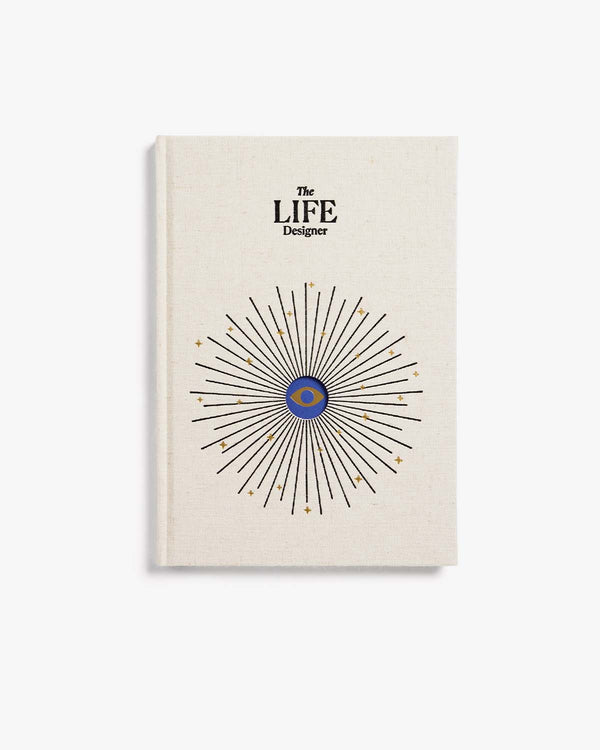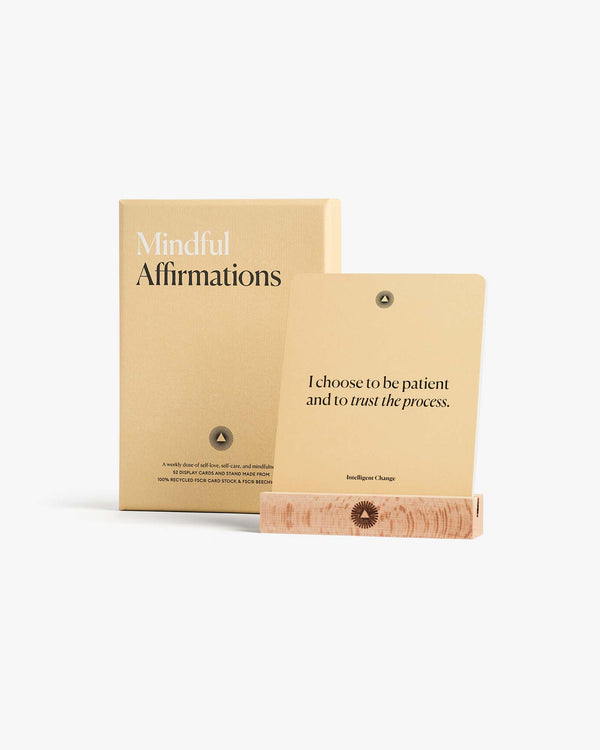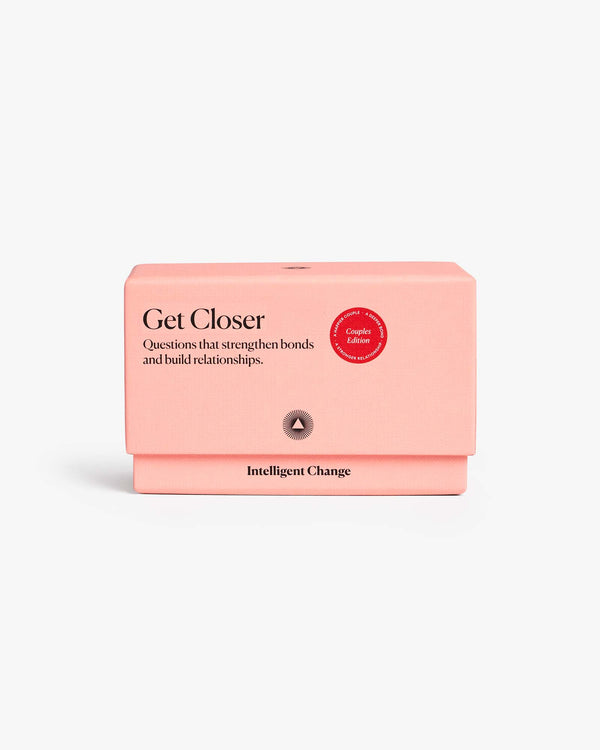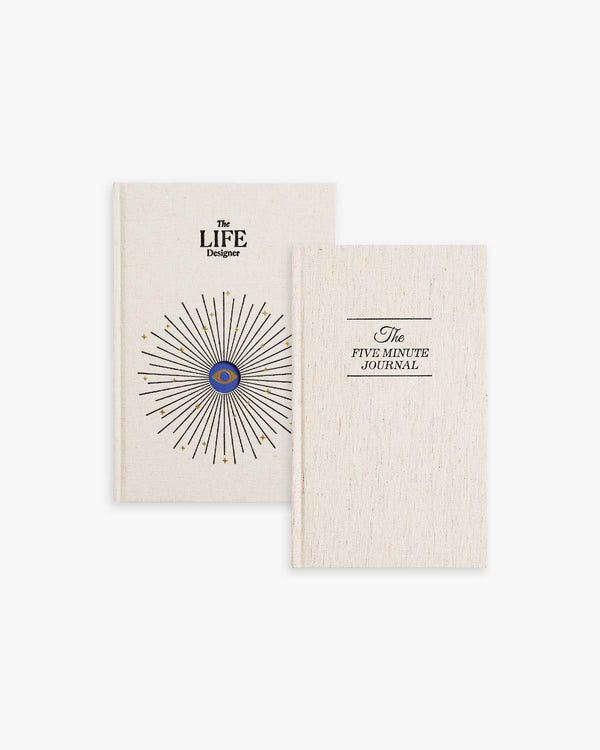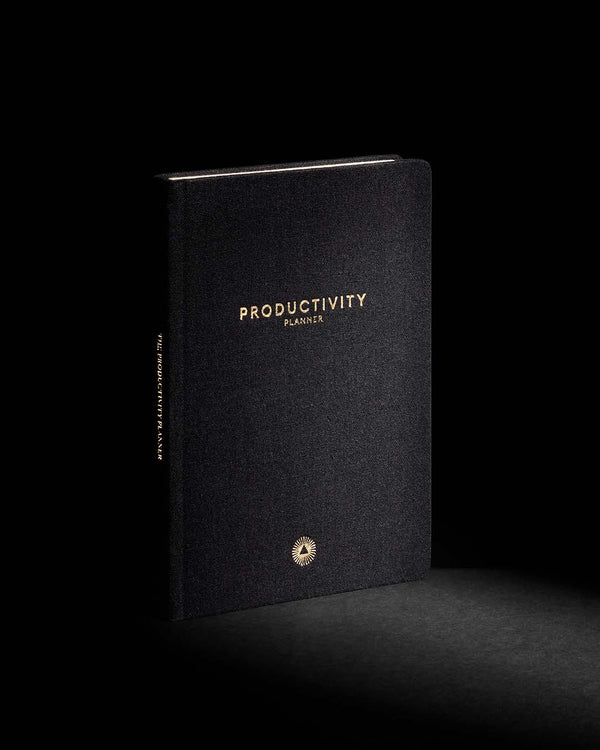In a Routine Rut? Here’s How to Break Free
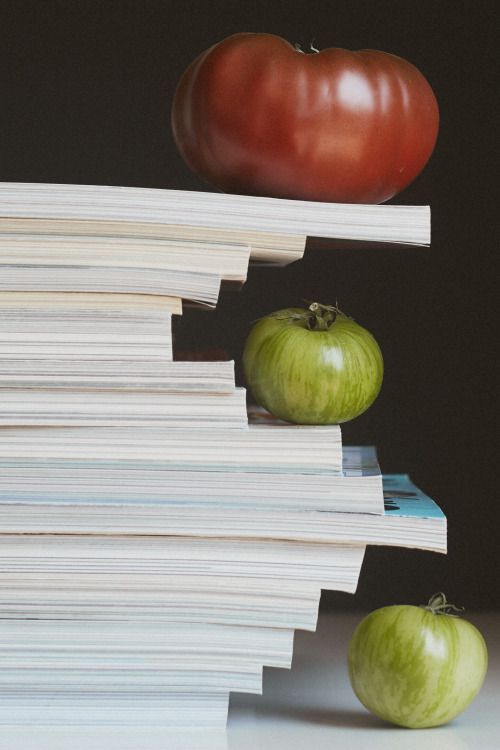
When a building is renovated, there’s usually a lot of scaffolding obscuring the view. The vital piece of construction equipment is necessary so that the part of architecture veiled behind it may return to the landscape in style. The facade will come back stronger, rejuvenated, with the building ready to continue serving its purpose.
You are the renovator of your project. And the scaffolding is the routine you’ve put in place around it to help you bring your task to completion. But what do you do when the job swallows you whole, all its edges suddenly closing in on you? Do you keep pushing at the walls with all your might hoping to stop the structure from crumbling down? Breathe and hold on tight―we know an escape route. Or three.
“Don’t stop when you’re tired, stop when you’re done”, as some productivity experts would say. Granted, building anything of value takes dedication, effort, and laser focus. However, what if you are done because you are tired? Running on fumes you can still reach the finish line, yet what about the quality of your work? Is only half your heart in it?
“A hyper-effective schedule designed to maximize productivity is, in fact, more likely to distract you from what’s important than help you discover it.”
― Rob Walker, author of The Art of Noticing
Be it in your personal or professional life, when you’re motivated and driven, there are only two ways of doing anything: right and again. But between those two there’s a space in which you can make decisions, a breather for you to look at things from a different angle, distance yourself from the task to remember the deeper meaning in it and your personal why for taking it on.
Our morning routines, work schedules, family traditions, and nighttime rituals all work together to build fulfilling lives for us day by day. A rigorous training plan at the gym, long hours spent over a work presentation, giving all your love to your family―all this devotion demonstrates your zest for life, truly. However, if you never press pause, you might eventually lose sight of what’s important before your carefully constructed reality cracks here and there.
Here’s how to prevent it: make space for newness, go inward to find peace, and say yes to life in all its glory. Let’s go.
Step One: Decluttering
To breathe properly, we need elbow room both in our physical and mental spaces. Do you feel like you should be doing this and this, oh, and that as well? Read this self-help book, order that productivity tool, remember to eat glucose after veggies, and meditate, but maybe later because you have to pick up the dry cleaning on your way from a yoga class. It’s a lot to deal with for our soft tissue with a beating heart.
Too much stuff is distracting. In your home, where you ought to feel safe and comfortable, clutter can make you feel claustrophobic. Sort through your wardrobes and drawers Marie Kondo style, let go of whatever stopped serving its purpose, keep what brings you joy, and spend money on experiences, rather than things. With mindful purchases, you’ll increase the quality of your life. Not to mention, cleaning the house will be incomparably easier.
When it comes to your to-do list, same rules apply―keep what’s necessary. We know it’s tempting to plan out every minute of the day but that’s not living―that’s running, panting, and collapsing with exhaustion, sacrificing the quality of your work. Simplicity will reduce your stress, enhance your focus, and clear the pathways for awe and wonder. Less is more.
“Listen―are you breathing just a little, and calling it a life?”
― Mary Oliver, poet
Analyze what lingers on your shoulders. Is it all really necessary or did you load that upon yourself mechanically, without much thought? Declutter, let go, combe through the overcrowded schedule so characteristic of our modern lifestyles. Stop clinging to outdated solutions, find a way to automate the mundane aspects of your job to free up time and energy, and b-r-e-a-t-h-e.
Step Two: Reflection
Clarity comes from reflection. Now that you’ve closed redundant mental tabs and made some room for more air in your lungs, it’s time for interoceptive awareness.
“Everything is ecstasy, inside. We just don't know it because of our thinking minds. But in our true blissful essence of mind is known that everything is alright forever and forever and forever. Close your eyes, let your hands and nerve-ends drop, stop breathing for 3 seconds, listen to the silence inside the illusion of the world, and you will remember the lesson you forgot”, wrote Jack Kerouac, novelist and poet of the Beat Generation.
Neuroscientist Andrew Huberman commented on Kerouac’s quote: “When we shut off our perception of the outside world (by closing our eyes and focusing on the sensations occurring within the confines of our skin) we enter what’s called ‘interoceptive awareness’. We can focus our perception on internal (interoception) or external events (exteroception). (...) Everything you know and perceive about the outside world is your brain’s abstract representation of what is ‘out there’. It FEELS real but it’s just a picture, an abstract movie of what your brain assumes is around you based on your prior experience. We can learn a lot about ourselves by deliberately moving our perception from external to internal now and again.”
You carry an entire universe inside you. Exploring it regularly should give you some answers because of how much in life is intuitive. One of our journals is the perfect self-discovery tool for this occasion: The Three Question Journal. Each morning, it will gently guide your reflection on gratitude, daily priorities, and your desired impact on the world. In the evening, it will help you celebrate your successes and plan for an even better tomorrow.
In the words of Dr. Rangan Chatterjee, physician, author, and creator of The Three Question Journal, "We think everything is important, so we end each day feeling stressed, frustrated, and overwhelmed. But not everything matters equally. Journaling every day will give you a sense of control. You’ll feel grounded and present, knowing that you’ve taken a few minutes to look after yourself, regardless of the chaos around you. That is the power of a small daily practice."
Step Three: Romance
In the din and strife of every day, it’s easy to start languishing, repeating the ‘same old same old’ over and over again, going through the motions, and losing ourselves. Precious time slips through our fingers, we drag our legs from one day to the next only to realize that five years have passed god knows when. Would you call this being truly alive…? We thought so.
So how do you fall madly in love with life again?
Romanticism is structure-free. Some of it may be bound by a Pinterest aesthetic, a journal page, an affirmation card, or an hour of romantic comedy, but at the end of the day, the spirit of romance has no form. It is wonderfully and refreshingly free from routine, repetition, and the mundane. A piece of delicious dark chocolate melting on your tongue, a blackbird singing its song in the forest, the intoxication of gazing into the eyes of the person you love most―romance is unquantifiable.
Romanticizing your life means opening yourself to spontaneity, venturing out of monotony. It’s seeking out extraordinary moments even in the most ordinary of settings. What makes your heart race and your spirit soar until you’re drunk in love, mad with joy? Do more of that.
Follow the bliss, the elation, the wonderment. We could pull up piles of research on what happens to us biologically in those moments but you know the feeling, the one that makes you feel eternity in the palm of your hand when a butterfly flies into it trusting you with its life. Romance is as close to magic as we can get, allow it in. Let it take you beyond the rigid routine of the ordinary and narrate the most beautiful story your life can be.
“Because of the routines we follow, we often forget that life is an ongoing adventure. . . Life is pure adventure, and the sooner we realize that the quicker we will be able to treat life as art: to bring all our energies to each encounter, to remain flexible enough to notice and admit when what we expected to happen did not happen. We need to remember that we are created creative and can invent new scenarios as frequently as they are needed.”
― Maya Angelou
________________
Make space, reflect, romanticize―that’s our magic formula for more fulfillment. It pays to relinquish well-established patterns, explore the multiverse of possibilities. The scaffolding of a routine around any project is necessary to keep the work on track. But if you never step away to admire what you’ve created then what's the point? Rules (and routines) are made to be broken.

